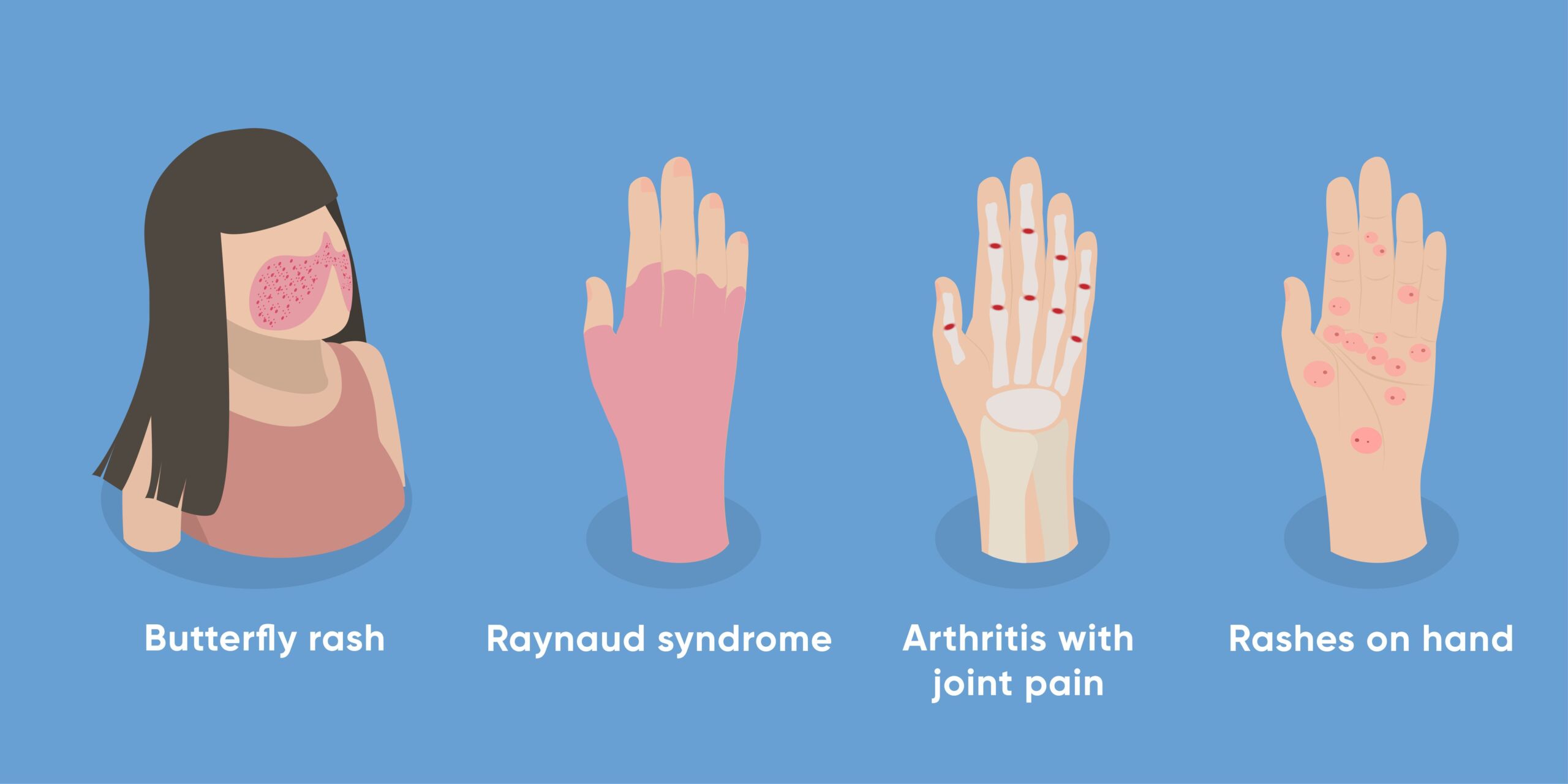Patients not only battle physiological symptoms but also face long-term psychological challenges such as depression, anxiety, fatigue, social isolation, and loss of self-esteem. This further confirms that the treatment of lupus must not be limited to physical symptoms - it must address the whole person: body, mind, and emotions.
Most chronic diseases, especially autoimmune ones, have a strong effect on a person’s emotional well-being. Lupus is particularly notable for its unpredictable symptoms, which are often subtle or invisible to others.
One of the main challenges is that patients experience constant pain, fatigue, and weakness, but others may not see any visible signs, which can lead to the seriousness of the disease being underestimated. This disconnect between the patient and others often results in emotional isolation, loss of self-esteem, and even guilt for not being able to “function” like healthy individuals.
Moreover, the course of chronic illness forces a person to change their lifestyle, give up favorite activities, and often revise their career path or withdraw from an active social life. Such changes inevitably affect emotional balance. Without clear information, psychological support, and social backing, patients can easily find themselves in an emotional crisis. Therefore, it is essential to understand that lupus is not only a medical but also a psychosocial diagnosis.
One of the most frequent emotional companions of lupus is depression. Various studies show that up to 60% of lupus patients experience depression. It can be directly related to the progression of the disease but is also often triggered by decreased quality of life, social isolation, pain, fatigue, and constant uncertainty about the future. Moreover, lupus itself, by affecting the central nervous system, can cause chemical changes that contribute to depressive moods.
Another common psychological symptom is anxiety disorders. Patients often worry about potential flare-ups, unpredictable symptoms, unclear prognosis, and medication side effects. For some, these anxious feelings escalate into panic attacks or chronic tension, which further worsens physical health and disrupts daily functioning.
Chronic fatigue is one of the most characteristic symptoms of lupus, which strongly impacts mental health. This is not the typical physical tiredness that disappears after rest - lupus-related fatigue is often described as a constant lack of energy, mental exhaustion, and inability to concentrate. This state is also known as “lupus fog” - a cognitive impairment in which the patient experiences memory difficulties, trouble focusing, and slowed thinking. These changes add frustration and often make patients question their intellectual capabilities, contributing to a sense of insecurity.

Although most lupus symptoms are caused by inflammation in various organs, in some cases the autoimmune process directly affects the central nervous system - this is known as neuropsychiatric systemic lupus erythematosus (NPSLE). It is one of the most severe and complex forms of lupus, which is particularly difficult to diagnose and treat, as its symptoms can vary widely and often resemble other neurological or psychiatric disorders.
Patients with NPSLE may experience mood disorders, psychotic episodes (delusions, hallucinations), seizures, stroke-like symptoms, persistent headaches, or even personality changes. This form requires very close cooperation between a rheumatologist, neurologist, and psychiatrist. Since these complications directly impact the patient’s thinking, behavior, and decision-making ability, emotional distress becomes an inseparable part of the disease.
Lupus often causes significant social changes. Due to unpredictable symptoms, patients start to avoid meetings, cancel plans at the last minute, and feel guilty for not being “like they used to be.” These situations are often misunderstood - friends or colleagues may believe the person is simply unfriendly or unreliable. This misunderstanding leads the patient to further withdrawal, avoidance of social interactions, and eventually, isolation.
Many patients struggle with shame or insecurity about their appearance - skin rashes, hair loss, weight changes caused by medication or the disease itself. This severely affects self-confidence, especially in young women, who make up the majority of lupus patients. As a result, difficulties often arise in forming or maintaining close relationships, and a fear of being rejected or not accepted emerges.
Effective lupus management must be holistic. First and foremost, medical care is essential - regular monitoring by a rheumatologist, appropriate medication therapy, and regular blood testing. However, psychological and emotional support is just as important. Doctors should actively inquire about the patient’s mental state, as these symptoms are often not spontaneously mentioned - patients may think they are “normal” or “insignificant.”
Psychotherapy, particularly cognitive behavioral therapy, helps patients cope with persistent emotions, recognize their feelings, and shift negative thought patterns. Meditation, mindfulness practices, breathing exercises, and relaxation techniques also reduce tension, alter the perception of pain, and help maintain emotional balance.
Patient communities and peer support groups are also very important. The ability to share experiences, hear from others, feel understood and supported - all of this helps reduce the sense of loneliness, rebuilds social connection, and encourages an active lifestyle despite the diagnosis.

Lupus is a multifaceted disease whose effects manifest not only in the physical body but also in a person’s emotional world. Mental health issues - from depression to cognitive dysfunction - are an integral part of the illness but are often overlooked. Only a holistic approach to treatment, encompassing both physical and emotional management, can ensure quality of life, self-worth, and a hopeful outlook for the future. Lupus is not a sentence - it is a challenge that can be faced with the right tools, support, and understanding.
# vilkligė # emocinė sveikata